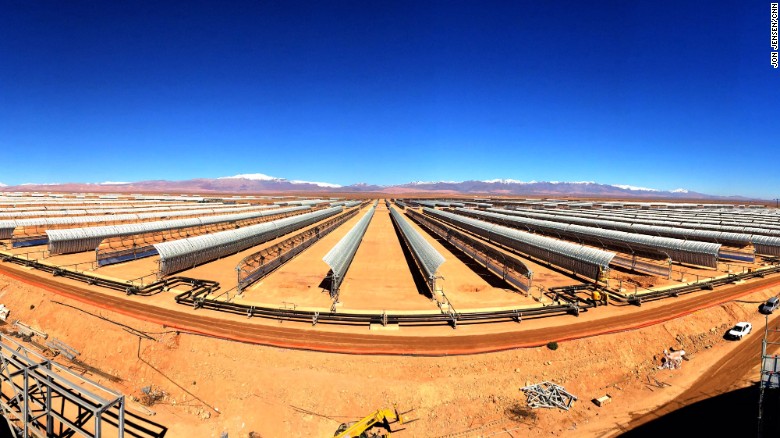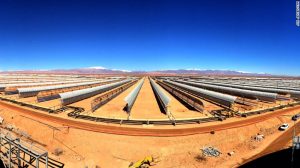In Case You Missed It 11/2/15 – 11/8/15

The most important in this week’s headlines out of and concerning Africa, for those who need help catching up.
This week brings news of the world’s largest solar power plant, an African data boom, record numbers of African immigrants in the US, and another victory over Ebola.
- Morocco to Build World’s Largest Solar Power Plant
Morocco is currently building the world’s largest solar power plant. The 30 square kilometer plant is being built near the city of Ouarzazate. The first phase of the building will be complete next week, and when the entire plant is completed in 2018, it will provide power to more than 1.1 million Moroccans.
2. Smartphones May Lead to Data Boom
The cellphone market in sub-Saharan Africa continues to grow. Shameel Joosub, CEO of Vodacom, says that the company has experienced a 146% increase in data growth this year. Many Africans rely on cellphones for communication, news and finances. Joosub believes that increased availability of affordable cellphones will lead to a continued increase in data, access to information and services, and economic growth. There are currently 370 million cellphone subscribers in sub-Saharan Africa, and Joosub predicts that the number will reach half a billion by 2020.
3. African Immigrant Population in US Continues to Grow
Although African immigrants make up a relatively small percentage of the US population, their numbers are steadily growing. There are currently 1.8 million Africans living in the United States – nearly doubled since 2000, when the number was 881,000. The top 3 countries the immigrants come from are Nigeria, Ethiopia, and Egypt.
4. Sierra Leone Declared Free of Ebola
Sierra Leone, which was one of the countries hardest hit by this year’s Ebola outbreak, has been officially declared free of the disease. According to the World Health Organization(WHO), a country has to have no new outbreaks of the disease for 42 days in order to be considered free of the disease.
Citizens in Freetown celebrated the announcement by dancing in the streets and lighting candles in remembrance of those who died.

